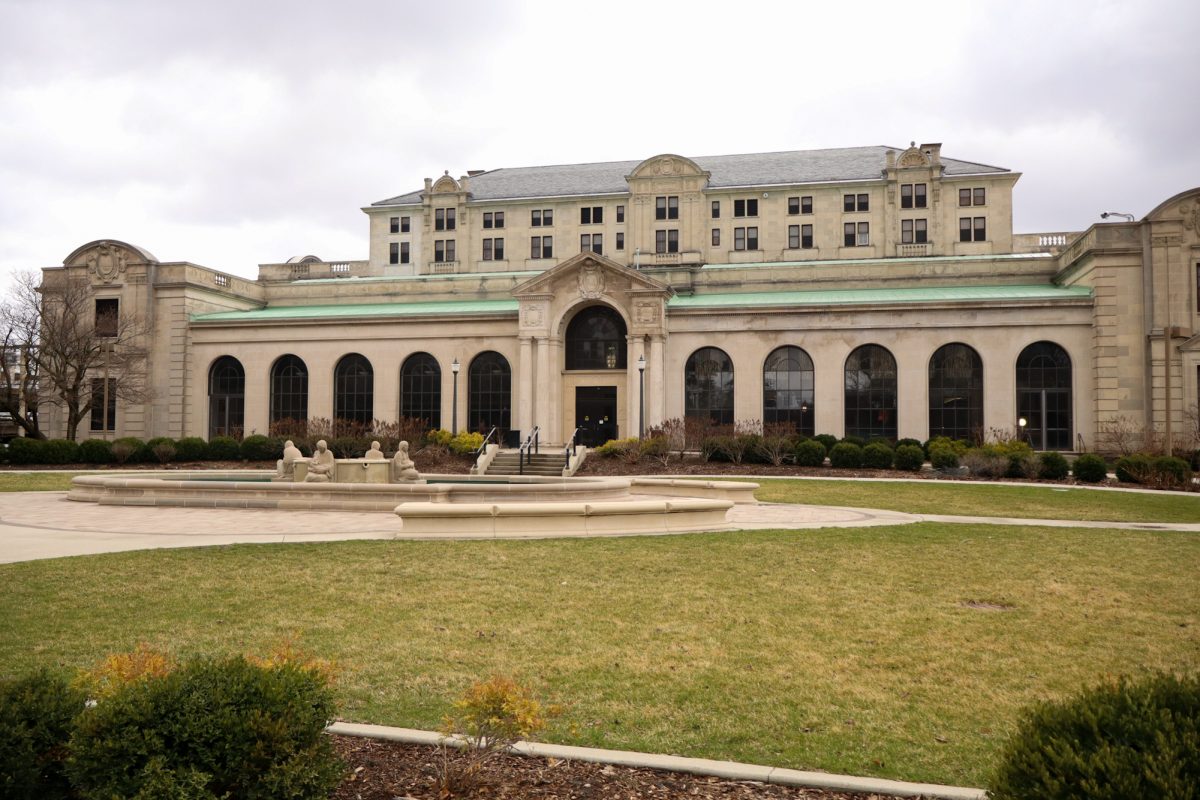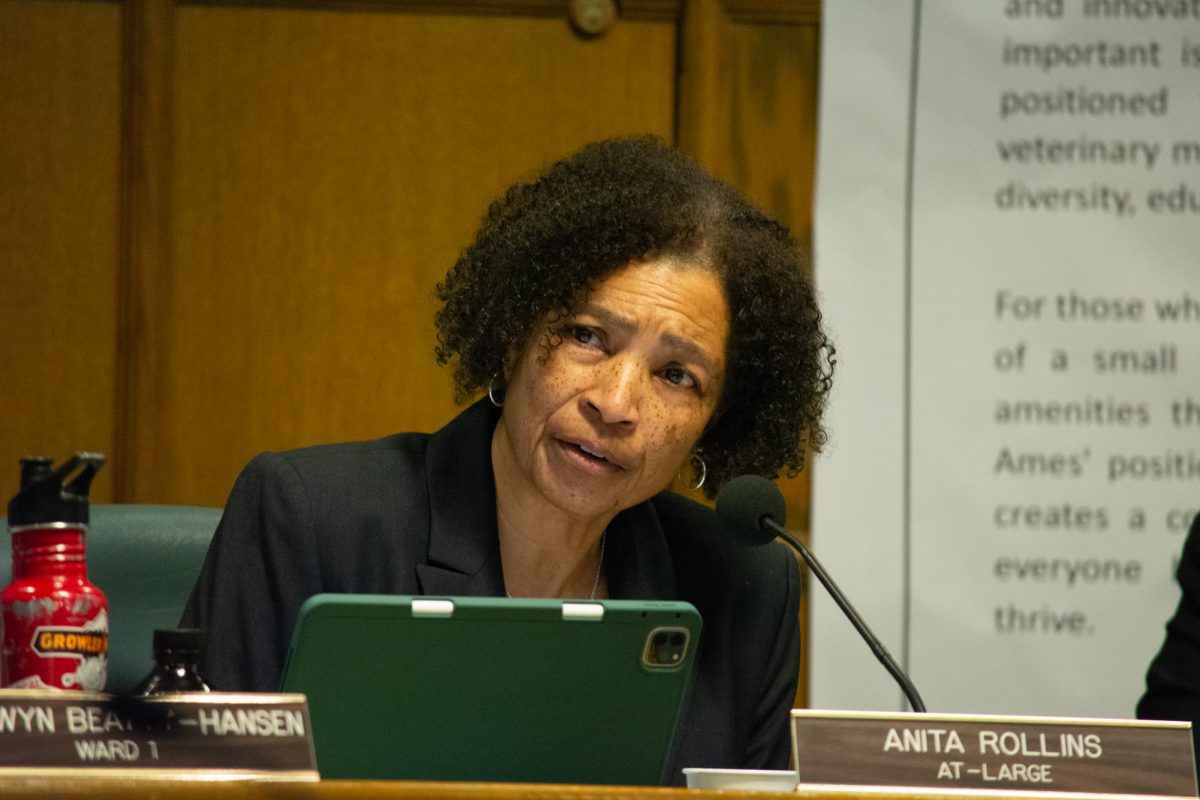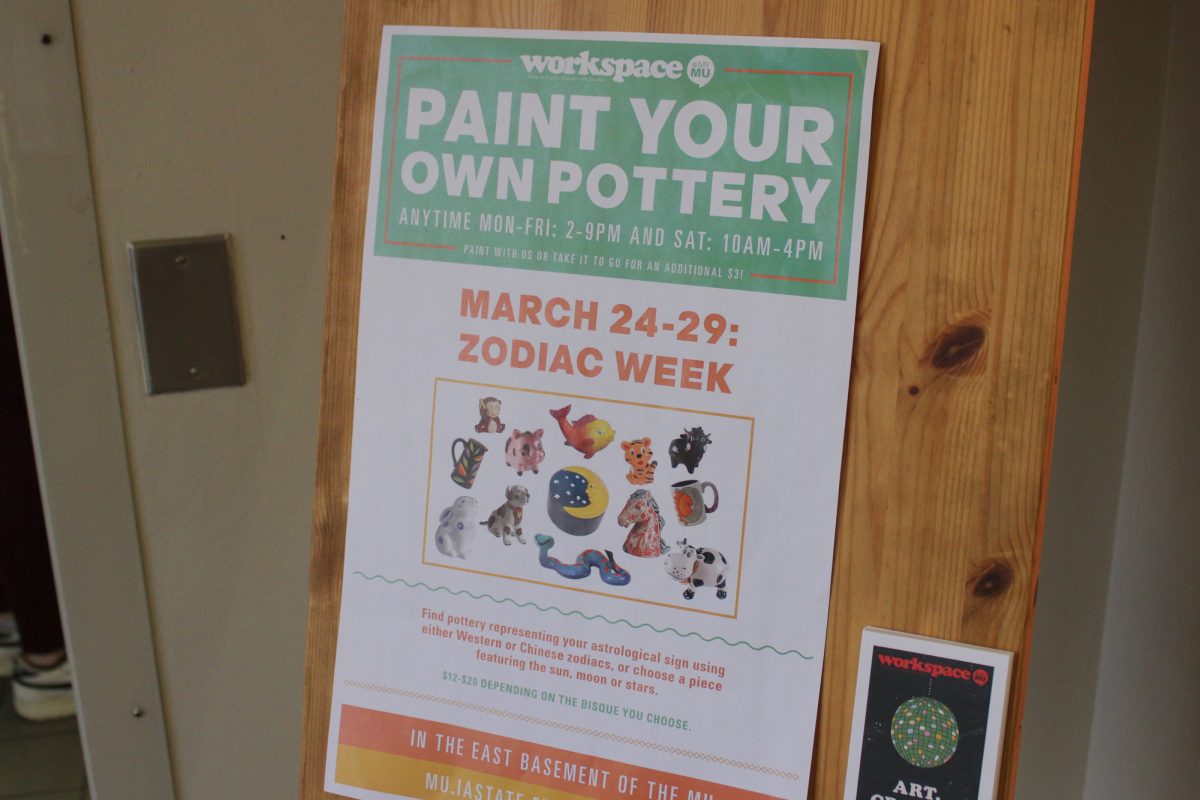City Council considers banning smoking in restaurants
May 18, 2000
In an effort to curb the number of teens who use cigarettes and promote a healthier environment, Ames City Council members are looking into the possibility of banning smoking in area restaurants.
Ames City Council member Herman Quirmbach said he came up with the idea to look into banning smoking in restaurants while the council was discussing teen smoking.
“The City Council has been dealing with smoking-related issues for some time now, and it grew out of a provision in federal law that was going to penalize YSS [Youth & Shelter Services, 420 Kellogg Ave.] if we didn’t reach a certain level of compliance as far as purchasing underage cigarettes,” he said.
Quirmbach said because of this dilemma, the idea of banning smoking in restaurants was broached.
“Along the way in the discussion, I just started thinking more broadly about other areas of smoking policy. One of the ideas I came up with was, ‘What is our ability to ban smoking in public restaurants?'” he said.
The issue has not yet reached the council’s agenda, Quirmbach said, but a motion has been made to put it on a future agenda.
Whether the city has the legal ability to actually ban smoking in restaurants is still being researched.
The city attorney, John Klaus, has been contacted in this matter, and the law appears to allow the city to ban smoking in large restaurants, Quirmbach said.
“There is a state law that prohibits smoking in public places — and under the definition of public places is restaurants with seating capacities of over 50 — except in designated-smoking areas,” he said. “What the state does say, however, in regards to the larger restaurants, is that the smoking areas can be controlled by local ordinance.”
Smaller restaurants are not specifically covered by state law, he said.
“What’s at issue still in my mind is whether we can regulate smoking in restaurants under 50, and in that area, the state law is silent,” Quirmbach said.
Quirmbach said he believes the city will be able to ban smoking, although it is still an unresolved legal issue.
“Under the principle of home rule, basically city governments and county governments as well, can pass ordinances unless those ordinances are either in conflict with or preempted by state constitution or statute or federal constitution or statute,” he said. “But if we’re not in conflict and we’re not preempted, home rule says we can pass the laws we want.”
City Council member Ann Campbell said a lot more research needs to be done before the council will consider enacting a city ordinance, which would require a two-thirds majority vote of the council members.
“Personally, I don’t like smoking in restaurants, but neither have I examined all sides of the issues,” she said. “It has health ramifications; it has economical ramifications, and we really need more information before we go further.”
Quirmbach said discouraging teen smoking is only one reason for the possible ban; the main purpose would be to promote a healthful environment for restaurant staff and customers who are unnecessarily exposed to second-hand smoke.
“The principle justification that is very well-established at this point is that second-hand smoke is a health threat,” he said. “The waiters and waitresses and busboys who are servicing the tables are exposed to second-hand smoke, and I believe they have a right not to have to be.”
Influence on teen smokers is also being considered, he said.
“When kids go out to eat and they see adults smoking, that conveys a very strong message that smoking is OK. It’s the power of the bad example,” Quirmbach said.
However, not all area business staff believes banning smoking is the right step, nor would it please their clientele.
John Murphy, manager of Diamond Dave’s Mexican Restaurant, North Grand Mall, said he is against having smoking banned at restaurants.
“I don’t think that they’ll get it passed, and I wouldn’t like to see it passed,” he said. “I think a lot of people come in here so they can relax and have a cigarette or two to smoke and have a beer.”
He said servers can choose to work at a restaurant without a smoking section if they don’t want to be exposed to second-hand smoke.
“They can choose to apply for work wherever they want to,” Murphy said. “They don’t have to work at a restaurant where there’s smoking.”
Judy Holtmyer, assistant manager of Applebee’s Neighborhood Grill & Bar, 105 Chestnut St., said banning smoking would hurt the restaurant.
“Our reaction to that is being in business is all about making money, and if banning smoking is going to cut our business, then no, we’re not for that,” she said. “I don’t believe anybody should be subject to second-hand smoke, but in most restaurants, you can get away from that.”
The smoking and nonsmoking sections at Applebee’s are well-separated, and a good ventilation system keeps the smoke contained, Holtmyer said.
“We take pride in not having our nonsmokers exposed to a lot of smoke,” she said.
Applebee’s servers are happy with the current situation, she said.
“In this restaurant, I’ve got two servers who have asthmatic reactions being around smoke, and we don’t have them working in the smoking sections,” Holtmyer said. “The other servers actually like working in the smoking section because smokers tip better.”






